7 Simple Tips To Be a More Responsible Traveller
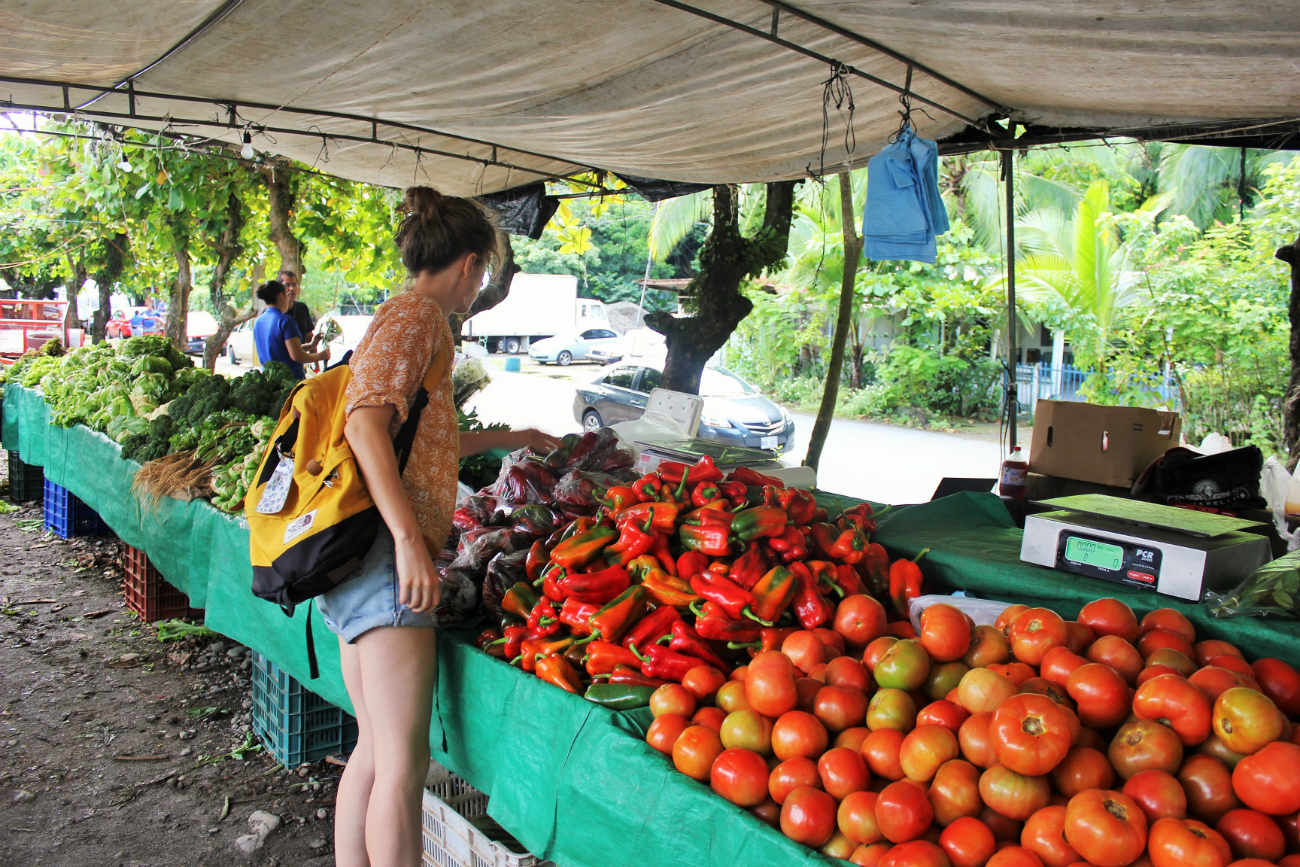
Responsible travel means making environmentally, socio-culturally and economically aware travel choices. Knowing how to plan a responsible travel trip can seem like an absolute mission though, especially if there’s not a lot of time to read and research or you’re not sure where to start.
If you bring up the topic of responsible travel, more often than not people wrinkle their nose or shrug it off. Over time I’ve learned that this isn’t because they don’t care about the environment, wildlife and local people, it’s because it’s hard to know what choices are best.
We are so over saturated with information about what’s right and wrong that we can wind up feeling de-amped, demotivated and so uncertain about our decisions that we just blank it all out. Planning a responsible travel trip doesn’t have to be complicated though.
Here are my easy tips for more responsible travel experiences:
Before Your Trip…
1. Travel to Sustainable Destinations
Mass tourism is unsustainable – and often, unenjoyable. While choosing a package holiday that’s cheap and fast can seem like a good shout, if you haven’t researched it well enough you might wind up being herded around like cattle, packed into touristy hotels and resort complexes that are bad for the environment, and experiencing little local culture.
Some places are buckling under the strain of mass tourism because there aren’t controls in place to make sure the amount of people travelling there is sustainable. Avoid travelling to places that suffer from huge numbers of tourists, such as Barcelona, during the high season and instead visit during low season when there are less tourists.
It’s even better to travel to sustainable destinations if you can. Simply choosing lesser known countries can be a great way to avoid mass tourism and have an enjoyable holiday away from the crowds (check out our travels in Macedonia for example!) Many countries also have measures in place to make tourism more sustainable and it’s great to support those who are doing this.
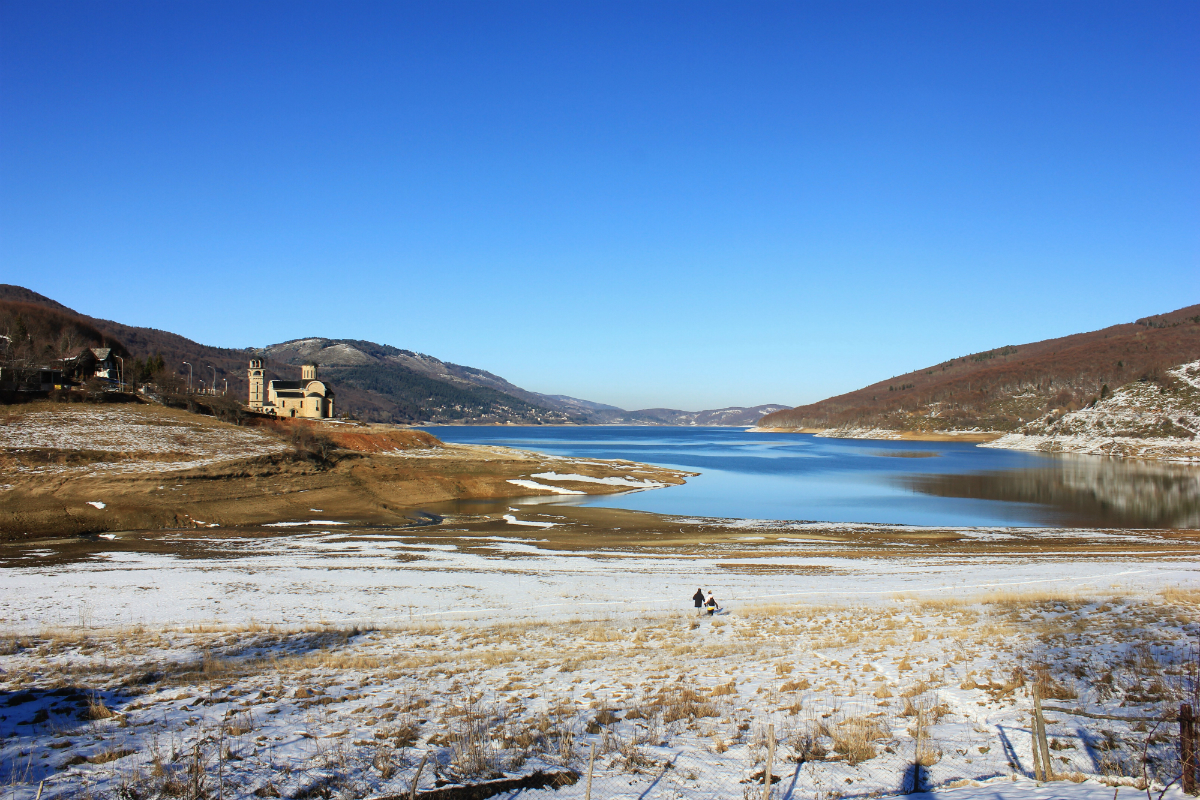
2. Pack Light & Eco-Friendly
Do you really need three different pairs of shoes and a hundred different dresses for a two-week trip? Know that feeling of struggling to get your suitcase onto the train in time because it’s so big? Or feeling awkward about the bus assistant who’s breaking his back trying to lift you case on board? Avoid all those awkward travel moments by packing light – my eco-conscious travel packing list can help.
Carrying heavy luggage isn’t just a nuisance for you, it’s bad for the environment too. The more weight that aeroplanes, cars, buses and other vehicles have to carry, the higher their fuel consumption and the more greenhouse gases they’re emitting. Packing lighter will be better for you and for the environment.
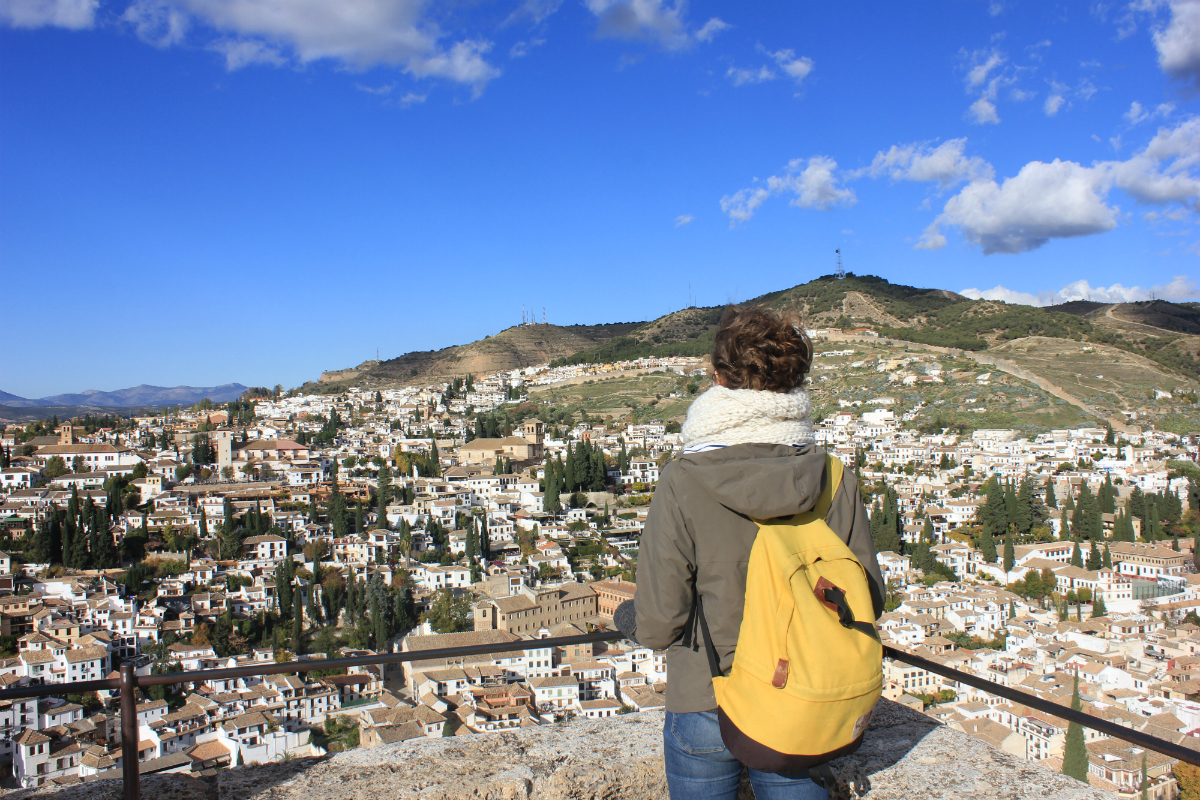
During Your Trip…
3. Rethink Your Transport
Minimise negative impacts on the environment by choosing more eco-friendly transport. Make the most sustainable travel choices when flying, including travelling in economy class and with eco-aware airlines.
When you arrive at your destination, choose public transport over private car hire. Public transport is cheaper and more environmentally friendly. If you can walk or cycle instead, then that’s even better because there are no nasty emissions at all!
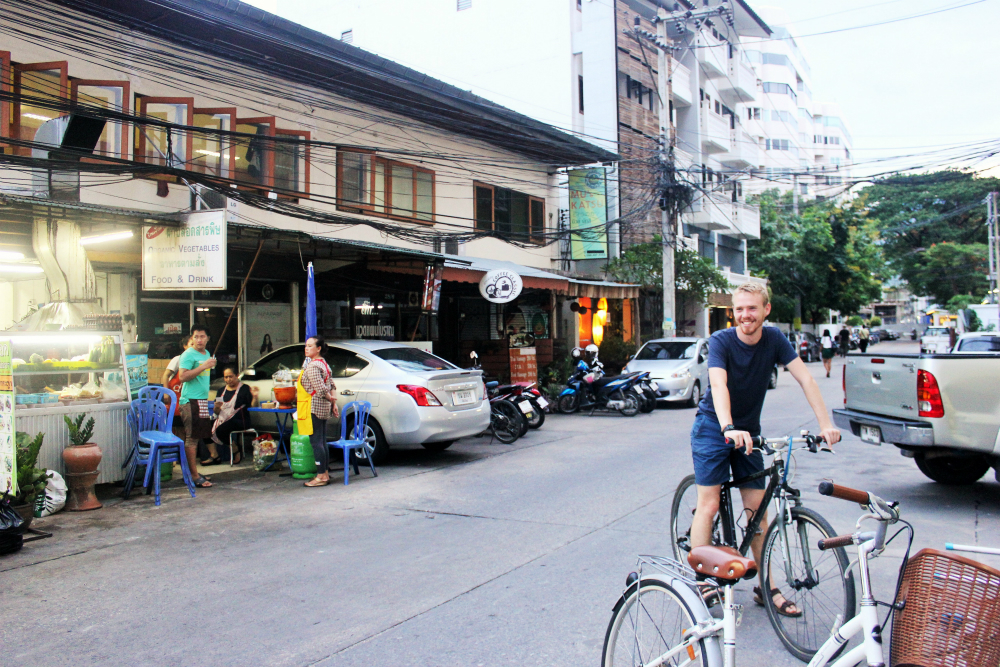
4. Support Local Businesses
Travellers can support local communities abroad by staying local, eating local and buying local. Look out for eco-friendly accommodation and accommodation which is owned by local people – whether that’s a hotel, guesthouse, hostel or homestay – and avoid chain hotels.
Eating locally-sourced food supports local farmers and eating in locally owned cafes and restaurants rather than chain restaurants ensures your money is going to the right people. When buying souvenirs, shop with local artisans as a way to help preserve cultural traditions.
If you can’t find locally-owned accommodation or restaurants when travelling, then look for places that employ local people. The same goes for any tour companies or guides who you might hire during your travels.
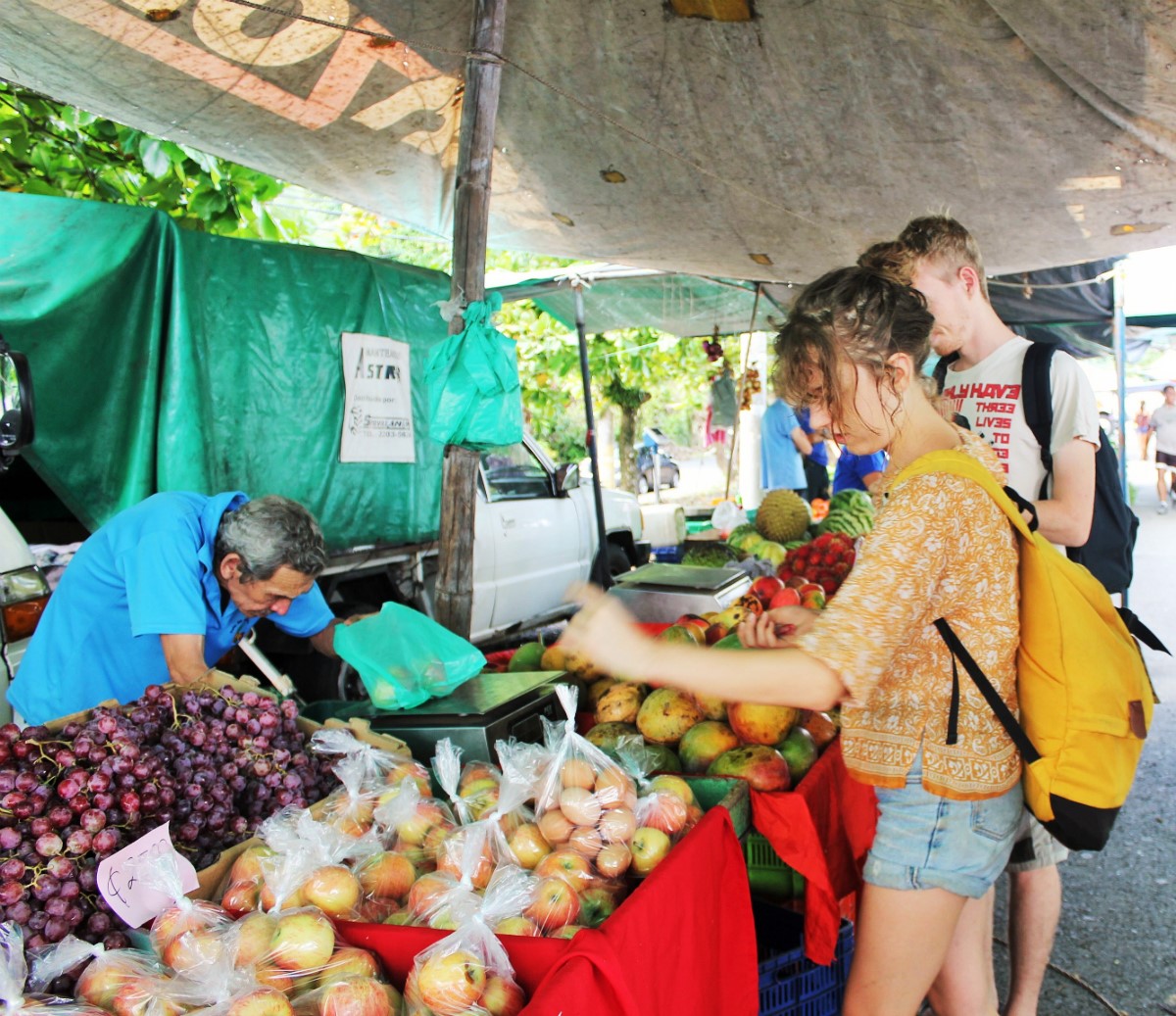
5. Research Animal Tourism Activities
If you’re planning on taking part in any activity that involves animals, be very careful before you decide to be involved. There are many unethical and inhumane animal tourism activities out there and being it’s important to be aware of what’s okay and what’s not when it comes to any activity involving wildlife.
If you see any activity which involves riding elephants or ostriches, petting or cuddling wild animals, taking selfies with animals, or entering a wild animal’s habitat (rather than observing from a distance), be very wary. It’s likely that these activities will be harmful to the animals involved, no matter how harmless the tour company or marketing people make them seem.
When I was in Bocas del Toro, I went on an island boat tour which included dolphin watching. A sickening feeling rose in the pit of my stomach when we were out on the water and dozens of other boats joined ours and began chasing down wild packs of dolphins. The experience left a sour taste in my mouth for the whole trip.
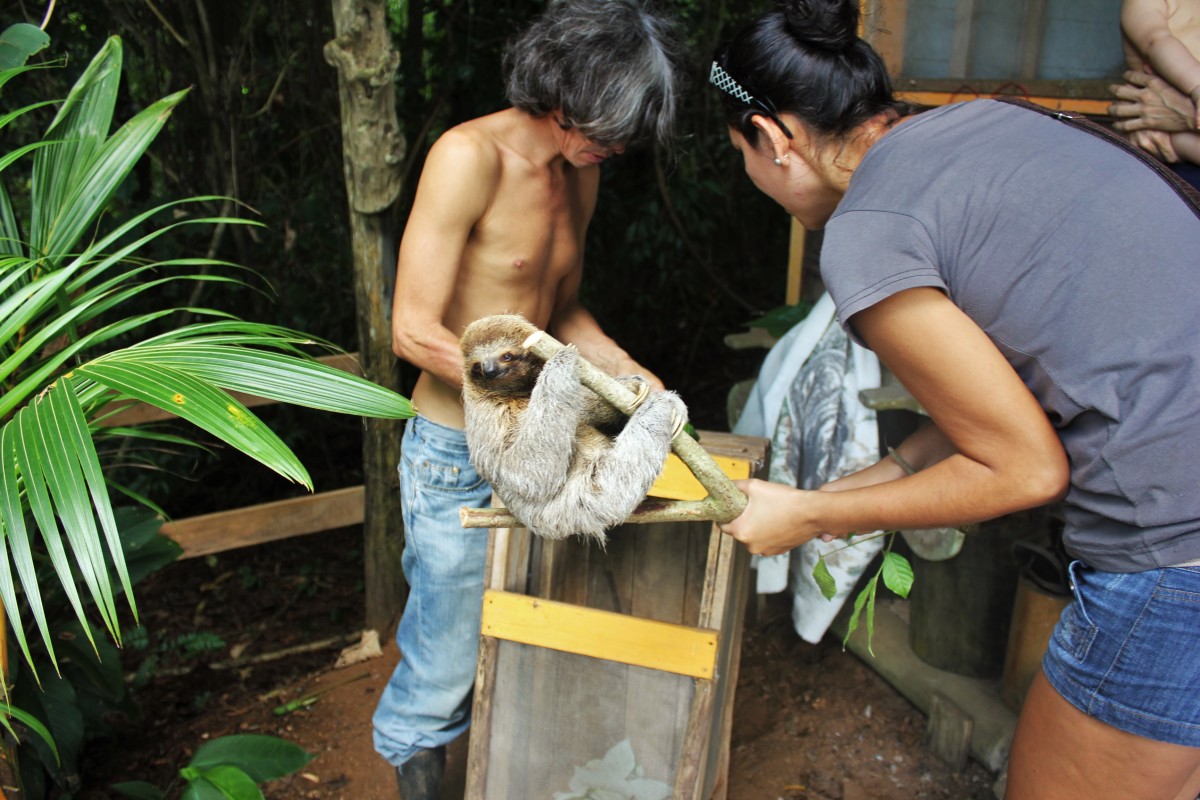
This baby sloth was saved by a local charity at Tipi Jungla eco-lodge in Costa Rica.
6. Get Involved in Projects that Make a Positive Difference
We all want to make a positive difference to the people around us, and we can do that through our travels as well. Seek out organised projects that support the community, local environment or wildlife. Be wary about giving money to beggars or street kids as this money may not be having a positive impact.
When travelling in Guatemala, we got involved in a local cooking class hosted by local people through a community tourism organisation called De La Gente. They also run coffee tours and other day activities that support local people and crafts. In Thailand, I joined Local Alike for a week-long community based tourism trip which involved visiting local communities to learn about their way of life.
Look for locally organised charities that you can get involved with in the short-term when you arrive. This is often considered a better bet than joining a voluntourism trip, which isn’t always as beneficial for locals as we are led to believe.
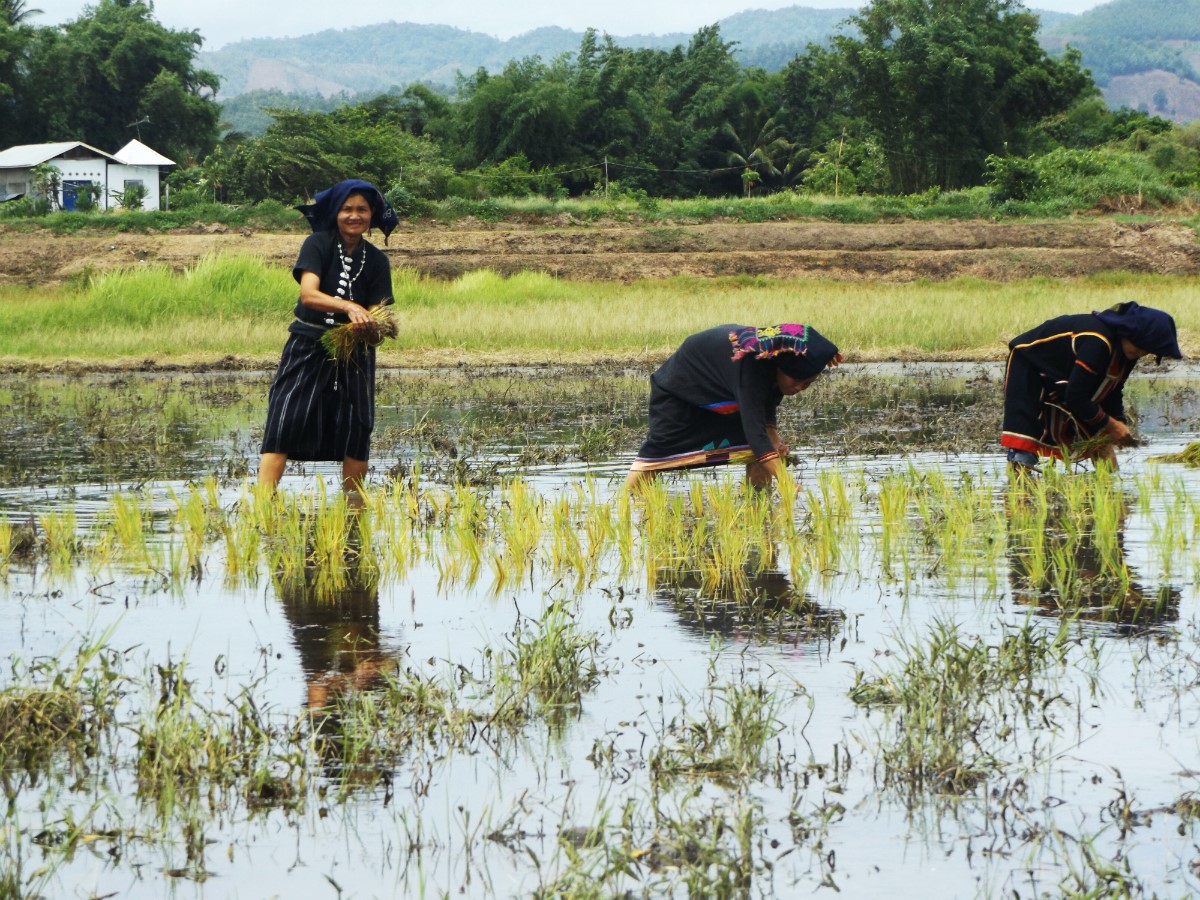
After Your Trip…
7. Share Your Responsible Travel Adventures
After your responsible travel trip – hopefully glowing about the awesome places you’ve been and the positive impact you’ve had – tell people your story. Share your responsible travel photos with friends on Facebook, leave reviews of places on TripAdvisor for other travellers, or even write a blog post about what you did.
If a particular travel destination, organisation or charity really struck a chord with you, see if there’s anything you can do to support them. This could be as simple as leaving them a review, recommending them to others, or donating to their cause in the future.
Do you have any other responsible travel tips to share?





Zlatina
Hi, i am curious, how do you find the local projects?
Do you search for volunteering organisations or?
Sorry for the stupid question =)
Charlie on Travel
Hi Zlatina! I haven’t done too much volunteering abroad, but I tend to ask locals and expats about opportunities, do some online searches (but avoid big tour organisers) and also ask in expats groups and travel blogger groups on Facebook.
Karianne
Such a great post Charlie – it really does show how simple responsible travel can be. It just takes a little bit of forward planning and research. It doesn’t have to be difficult.
We’ve had some of our best travel experience while volunteering with, or simply just visiting, local community projects. I’ve found a number of great causes that I am now supporting from back home. And we’ve definitely eaten some of the best food at local, sustainable restaurants.
Charlie on Travel
Thanks Karianne! I definitely think people are ‘put off’ the idea of looking into responsible travel because they think it’s all too complicated, but it can really be just making the most simple changes and decisions. I love your blog for finding local projects and initatives going on!
Annchen
Loved loved loved this. I think unsustainable travel is a huge problem now with instagram travel ‘celebrities’…Especially concerned about the water crisis in my home town, Cape Town, right now and it’s quite a catch 22 – it seems like South Africa is trending, but the city is nearing the limits of its water supply and now tourists who aren’t used to taking 60-second showers twice a week are flooding it as well. But on the other hand the city depends on it’s tourist economy…it’s a tough one! How do you feel about traveling to places that have questionable political ethics – like the Maldives for instance, or other places that are on the human rights watch? I don’t think enough travelers talk about this stuff!